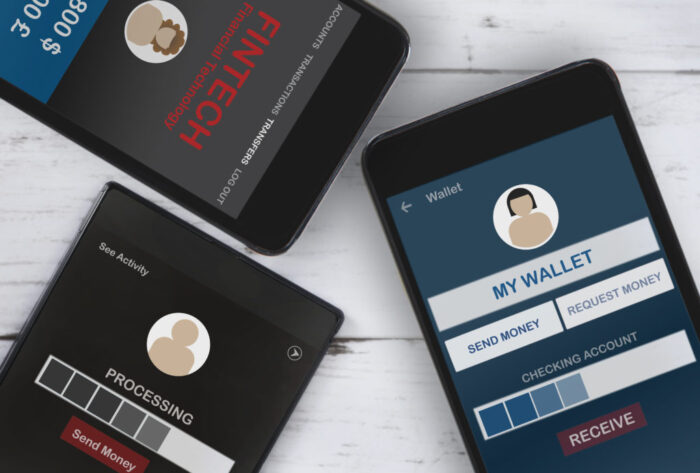P2P Lending In Nigeria – Most of the time, when we consider lending, our thoughts turn to the possibilities that financial institutions provide. However, the majority of us have used peer-to-peer (P2P) lending at some point in our lives. It’s also known as the “may I see” plan or the “borrow scheme.” “Can I see N500, please, and I’ll give it back to you by tomorrow,” etc.

Advertisements
Although the premise of peer-to-peer lending is the same, we can define it as follows: Peer-to-peer (P2P) lending is a type of microlending that allows people to borrow money from other people without going through a financial institution, eliminating the intermediary.
What sorts of P2P lending are there?
P2P lending is divided into two categories:
Advertisements
1. Peer-funded projects for individuals
Peers and everyday people typically provide the funding for this kind of peer-to-peer lending. These people make investments in credit finance and profit from the interest paid on the loans.
2. Peer-funded groups
a little different from credit that is personally funded. They are financed by a group of individuals, typically wealthy people, who use hedge funds, bank endowment funds, etc. These kinds of personal loans are funded by significant investors through platforms for peer-to-peer lending.
The quantity of money involved is the primary distinction between the two types. Loans made by a group of peers are funded with larger sums of money than loans made by an individual.
How Nigerian peer-to-peer lending operates
Although the idea of peer-to-peer networking is well-known, the groups advancing it in Nigeria are relatively young. The companies FINT, Farmcrowdy, and Kia Kia are leading in the development of this lending system. In order to package these loans for the recipients who are in need, these organizations work with people who serve as investors on the back end.
To ensure that these back-end investors are safeguarded, these companies put in the effort to check credit histories and establish specific requirements.
Loans are often processed in one of two ways by peer to peer lenders:
First of all, your application is frequently updated so that possible investors can study it.
A percentage of the overall loan amount is then funded by investors based on your application. You have the option of accepting or rejecting the loan after your request receives 100% funding or when the listing period has expired.
In addition, P2P lenders fund your loan by accepting your application and obtaining the necessary funds from a pool of blind investors. Investors do not individually assess each application for this sort of funding, and you are not required to wait for the funding of your loan.
What conditions must be met in Nigeria for P2P lending?
The exact organization’s criteria will vary, however the following are some typical requirements:
The borrower must be employed and have a national form of identity, a bank statement for the last six months (for a salary account), a letter of employment, and a current utility bill (not older than the last 3 months).
What advantages do peer-to-peer lending have?
The following are just a few advantages of peer-to-peer lending:
- The borrower must be a salary earner
- must have a national means of identification,
- bank account statement for the last 6 months (salary account),
- employment offer letter,
- a recent utility bill (not older than the last 3 months).
Conclusion
The next time you require a quick loan, consider peer-to-peer lending as a possibility. Based on the advantages mentioned, it can be a good fit for your requirements.
Advertisements

Be the first to comment